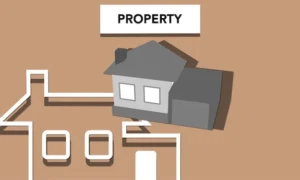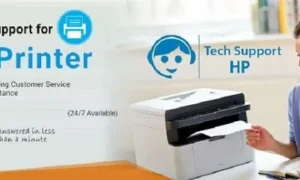Debt can feel like a heavy burden, looming over your finances and stressing you out. But fear not, because there are solutions out there to help you get back on track. One option worth exploring is debt settlement. In this guide, we’ll walk you through everything you need to know about debt settlement companies, how they work, and whether they’re the right choice for you.
Understanding Debt Settlement
What is Debt Settlement?
Debt settlement is a process where you negotiate with your creditors to pay back a portion of what you owe, usually in a lump sum payment. The remaining debt is forgiven, allowing you to move forward with a clean slate.
How Does Debt Settlement Companies Work?
When you enroll in a debt settlement program, you’ll typically stop making payments to your creditors and instead deposit money into a savings account. Once enough funds have accumulated, the debt settlement company will negotiate with your creditors on your behalf to settle your debts for less than what you owe.

Is Debt Settlement Right for You?
Debt settlement can be a good option if you’re struggling to keep up with your payments and facing the possibility of bankruptcy. However, it’s important to weigh the pros and cons and consider alternative options before making a decision.
Choosing a Debt Settlement Company
Researching Your Options
Before choosing a debt settlement company, it’s essential to do your homework. Look for companies with a good reputation, positive reviews, and a track record of success. Beware of any red flags, such as upfront fees or promises of guaranteed results.
Asking the Right Questions
When speaking with potential debt settlement companies, don’t be afraid to ask questions. Find out about their fees, the length of their program, and what services they offer. It’s also important to inquire about their success rate and how they handle customer complaints.
Working with a Debt Settlement Company
Enrolling in a Program
Once you’ve chosen a debt settlement company, the next step is to enroll in their program. This typically involves signing an agreement and providing information about your debts and financial situation.
Making Payments
During the program, you’ll be responsible for making monthly payments into a dedicated account. These funds will be used to negotiate settlements with your creditors.
Communicating with Creditors
While enrolled in a debt settlement program, you may receive communication from your creditors or debt collectors. It’s important to keep your debt settlement company informed and let them handle negotiations on your behalf.
Understanding the Risks
Impact on Credit Score
Debt settlement can have a negative impact on your credit score since you’ll be missing payments and settling debts for less than what you owe. However, the impact is typically less severe than bankruptcy and can be temporary.
Tax Implications
Forgiven debt may be considered taxable income, so it’s important to consult with a tax advisor to understand the potential tax implications of debt settlement.
Legal Risks
While debt settlement is legal, there are risks involved, including the possibility of being sued by creditors. It’s essential to understand your rights and consult with legal counsel if necessary.
Alternatives to Debt Settlement
Debt Management
Debt management involves working with a credit counseling agency to create a repayment plan that fits your budget. This can be a good option if you’re able to afford your monthly payments but need help organizing your debts.
Debt Consolidation
Debt consolidation involves combining multiple debts into a single loan with a lower interest rate. This can make it easier to manage your payments and potentially save you money on interest.
Bankruptcy
Bankruptcy should be considered a last resort, but it can provide relief for those overwhelmed by debt. Chapter 7 bankruptcy allows for the discharge of most debts, while Chapter 13 involves creating a repayment plan.
Conclusion
Debt settlement can be a lifeline for those drowning in debt, but it’s essential to approach it with caution and fully understand the risks involved. By researching your options, asking the right questions, and weighing alternative solutions, you can make an informed decision that sets you on the path to financial freedom. Remember, you’re not alone in this journey, and there are resources available to help you every step of the way.
For more insightful articles related to this topic, feel free to visit timesofrising.com









































